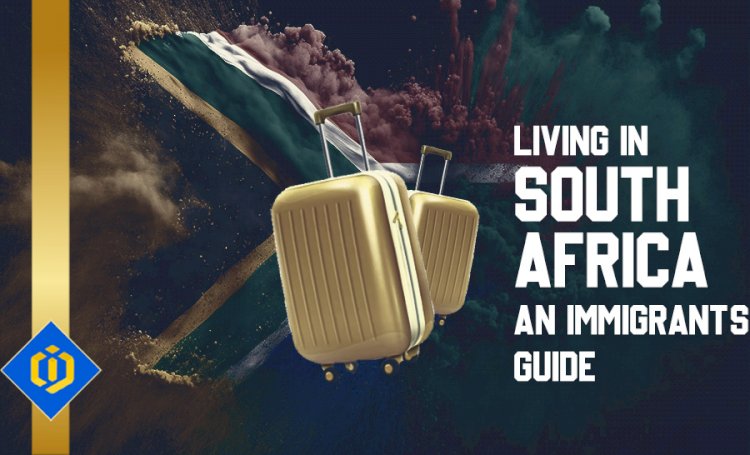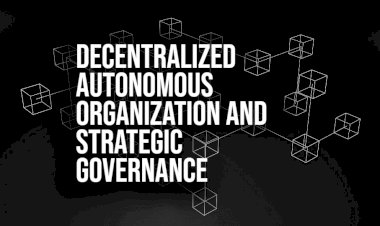A Comprehensive Guide to Immigrating to South Africa

Living in South Africa as an Immigrant: A Comprehensive Guide
South Africa, with its rich tapestry of cultures, stunning landscapes, and unique opportunities, is an attractive destination for immigrants. In this article, we will delve into various aspects of life as an immigrant in the rainbow nation.
Housing and Cost of Living
As of my last data update in 2021, the average monthly rent for a one-bedroom apartment in Johannesburg's city center ranges from $500 to $700. In less central areas, you can find accommodation for approximately $400 to $550. It's essential to note that housing costs can significantly vary depending on the city and the specific neighborhood. While South Africa's overall cost of living is reasonable by Western standards, keep in mind that some imported goods may be a bit pricier.
Taxation
South Africa follows a progressive tax system. Resident individuals are subject to taxation on their global income, with tax rates ranging from 18% on income up to R205,900 to 45% on amounts exceeding R1,577,300. Additionally, there is a standard 15% Value Added Tax (VAT) on goods and services.
Job and Business Opportunities
Despite facing economic challenges, South Africa offers opportunities in sectors such as finance, mining, tourism, and information technology. Johannesburg serves as the nation's financial hub, while Cape Town is a thriving center for technology and tourism. The government has also introduced programs to stimulate the growth of small and medium-sized enterprises.
Quality of Life
South Africa boasts a diverse and captivating landscape, ranging from pristine beaches to breathtaking mountains and thrilling safaris. Its cities provide modern amenities and a vibrant cultural and nightlife scene. However, it's essential to be aware of certain areas that may have security concerns, so thorough research is crucial.
Social Support and Education
South Africa offers a blend of local and international educational institutions. Bilingual education, particularly in public schools, is highly emphasized. Immigrant communities, particularly in major cities, are well-established, with numerous networking groups and associations to help newcomers settle in.
Healthcare
The country provides both public and private healthcare facilities. While the public healthcare system is extensive, many expatriates prefer private hospitals due to better resources and shorter waiting times. Health insurance is highly recommended to ensure you have access to the best healthcare services.
Legal and Administrative Considerations: Immigration Process
Immigrating to South Africa typically requires a residence permit, which is categorized based on the purpose of your stay, such as work or study. For a general work visa, you'll need an employment contract with a South African company. There are also critical skills visas for individuals in professions that are deemed to be in short supply in South Africa.
Cultural and Language Differences
South Africa's cultural diversity is one of its most defining features, with 11 official languages and a rich mix of traditions. English is widely spoken, especially in business and urban settings, but you'll also encounter Zulu, Xhosa, and Afrikaans. Understanding the cultural nuances and historical context of the nation can enrich your experience as an immigrant in South Africa.
Author: Pooyan Ghamari, Swiss Economist & Visionary

 content-team
content-team 






















